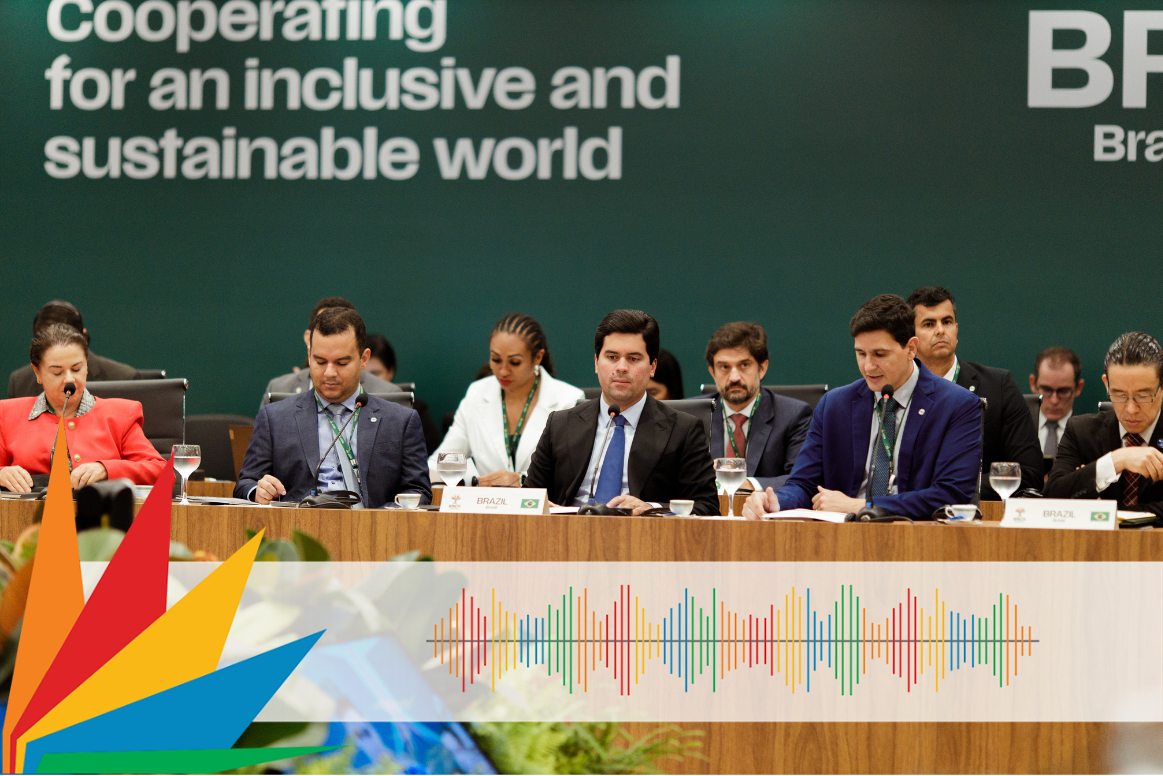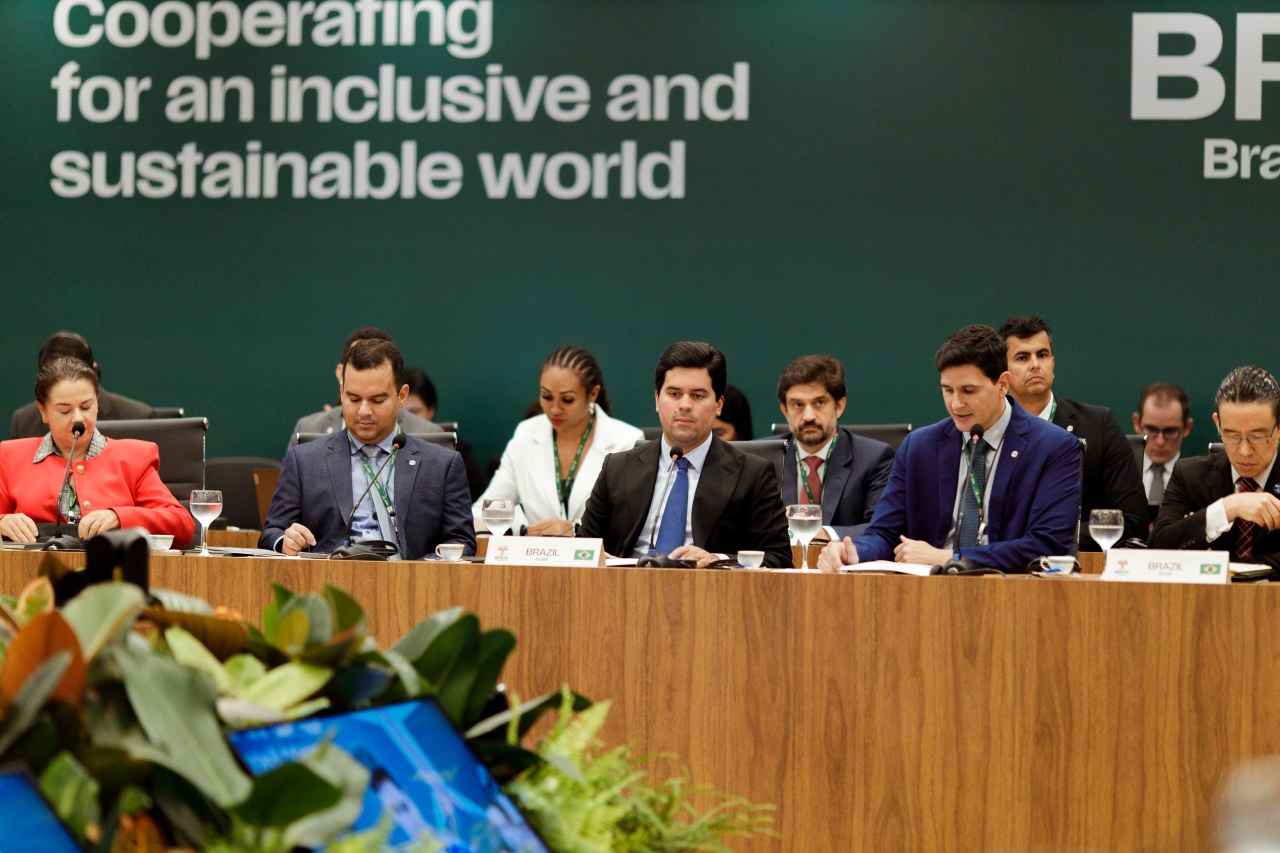BRICS Brasil Bulletin #11 - BRICS Memorandum Brings Together Sports and Public Policy to Reduce Inequalities and Promote Social Inclusion
BRICS Ministers signed a historic agreement approaching sports as a tool for social transformation. The document highlights sports’ potential to reduce inequalities, promote inclusion, and drive economic development in member countries. Listen to the report to learn more.

By Inez Mustafa | BRICS Brasil
Reporter: BRICS Sports Ministers signed a Memorandum of Understanding on Cooperation in the Field of Physical Exercise and Sports this week in Brasilia. Under the guidance of Brasil’s Ministry of Sports, the memorandum highlights sports’ potential to help with various social issues, such as contributing to physical and mental health, well-being, inclusion, and economic development
Brasil’s Sports Minister André Fufuca stated that rather than an end point, the Sports Ministers' meeting was a new starting point for BRICS’ sports cooperation.
Fufuca: Sport is a means of development, inclusion, social transformation, and unity among people. It is essential to invest in sports governance, protection of our athletes, transparency, and the exchange of good practices.
Reporter: The minister cited as an example the Bolsa Atleta programme—a Brazilian financial aid programme aimed at reducing drop-out rates in sport, democratising access to training resources and enhancing the country’s competitiveness in international events.
Fufuca: He said that the programme benefits over 10,000 recipients, with grants ranging from 1,000 to 15,000 reais. In the 2025 budget alone, 176 million reais were invested in Brazilian athletes.
Reporter: The Ethiopian ambassador to Brasil, Leulgesed Tadese Abebe, added that sports play a key role in BRICS’ three pillars.
Abebe: Sports promote peace and harmony among countries and societies. It is an excellent tool for generating job opportunities while contributing to economic prosperity. Last but not least, sports can also contribute to mutual understanding, cultural ties, and, of course, to friendship. BRICS is all about promoting friendship, partnerships and mutual understanding.
Reporter: In South Africa, sports were used to rebuild national identity after the end of apartheid, promoting a common language transcending socio-racial differences, in line with former President Nelson Mandela’s vision. South Africa’s Minister of Sport and Culture, Gayton Mackenzie, explained that sport is a tool for social transformation: more than mere entertainment, it can play a role in politics and identity.
Mackenzie: It is important for sports to be used not just for entertainment, but also to unify and raise awareness in society on the fact that we are one nation.
English version by Enora Lessinger (POET/UFC)
Proofreading by Judas Tadeu de Azevedo Neto (POET/UFC)
